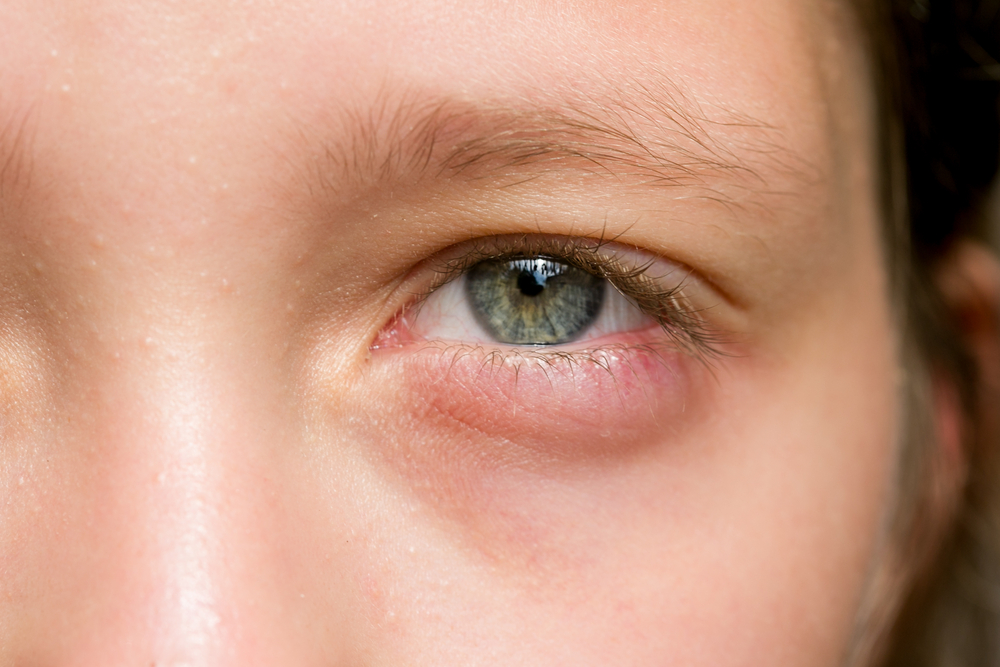Contents:
Medical Video: Understanding Type 2 Diabetes
When a child is first diagnosed with diabetes, parents may spend a lot of time thinking about the physical effects of this disease. But emotional problems usually also come after a diagnosis of diabetes, and this can affect how children overcome physical aspects.
So it's important for parents to recognize the feelings that children with diabetes might experience, and learn strategies to help them.
Your child's feelings
Children often experience this emotion when dealing with diabetes:
- Insulation. Diabetes can make children feel different from friends and family members. Children who do not know other people who have diabetes may feel isolated or alone.
- Denial. Because children want to mingle or become like other children, they sometimes pretend that they don't have diabetes. The problem that is dangerous is if they avoid blood sugar tests and drugs.
- Depression. Feelings of depression, sadness, and despair are common among children with diabetes. A child may cry a lot, feel tired, have a change in eating or sleeping habits, or feel depressed.
- Guilty feeling. Some children may feel diabetes is their fault, or they feel causing problems for parents, siblings, and teachers because of their diabetes.
- Anger, frustration, and hatred. Your child may be angry with you because you keep asking them to do testing and treatment. Many children who also do not like diabetes interfere with their daily activities.
- Fear and anxiety. The problem of controlling blood sugar, needles, and potential long-term health problems can be frightening for children. And in some cases, fear can be the result of misinformation about diabetes.
- Shy. Children with diabetes may be embarrassed because of the extra attention they get, such as when they are testing blood sugar and injecting insulin at school, at a friend's house, and in front of other children.
- Dependency. When children know they have diabetes, they may begin to be spoiled and too dependent on parents.
Your feelings
Parents often go through a process of sadness when they find out that their child has a disease such as diabetes. It is very difficult to reconcile the fact that children have chronic conditions that need to be faced for the rest of their lives. Feeling sad is normal.
Many parents also feel guilty about the diabetes their children suffer and wonder if they can prevent it, somehow. Some parents may also feel like taking the initiative to care for children with diabetes, such as administering drugs and helping their children follow a meal plan.
What can you do to overcome your own feelings? First, don't hesitate to get answers to your questions from professional health nurses who care for your child. Give yourself education about diabetes and the best way to manage it to help calm your mind. In addition, ask your pediatrician for information and tips on overcoming your child's emotional problems.
It's important to meet your needs as you meet your child's needs. When you can't, ask other people like relatives and friends to share the responsibility of caring for your child. Remember that you cannot do everything yourself.
Your family feeling
When a child has diabetes, it affects the whole family. His brother may hate the extra attention given to children with diabetes, so his siblings also feel sacrificed (such as 'forced' to eat healthy food at mealtime, or holiday plans are limited by the needs of those with diabetes) On the contrary, sometimes they are also the target of anger and envy from their siblings who suffer from diabetes because they do not have to deal with this disease.
Family members such as grandparents, aunts, and uncles may also worry about your child's health. Try to talk openly about all these feelings with your family. Holding a family meeting might be a way to get news from your child's diagnosis and let them know about your concerns and concerns.
You might find it easier to talk to an advisor, your pediatrician, or someone else in the diabetes health nurse team about emotional issues. Also consider finding support groups, books, and websites about how to deal with diabetes. As time goes by, the whole family will get used to dealing with these conditions.












